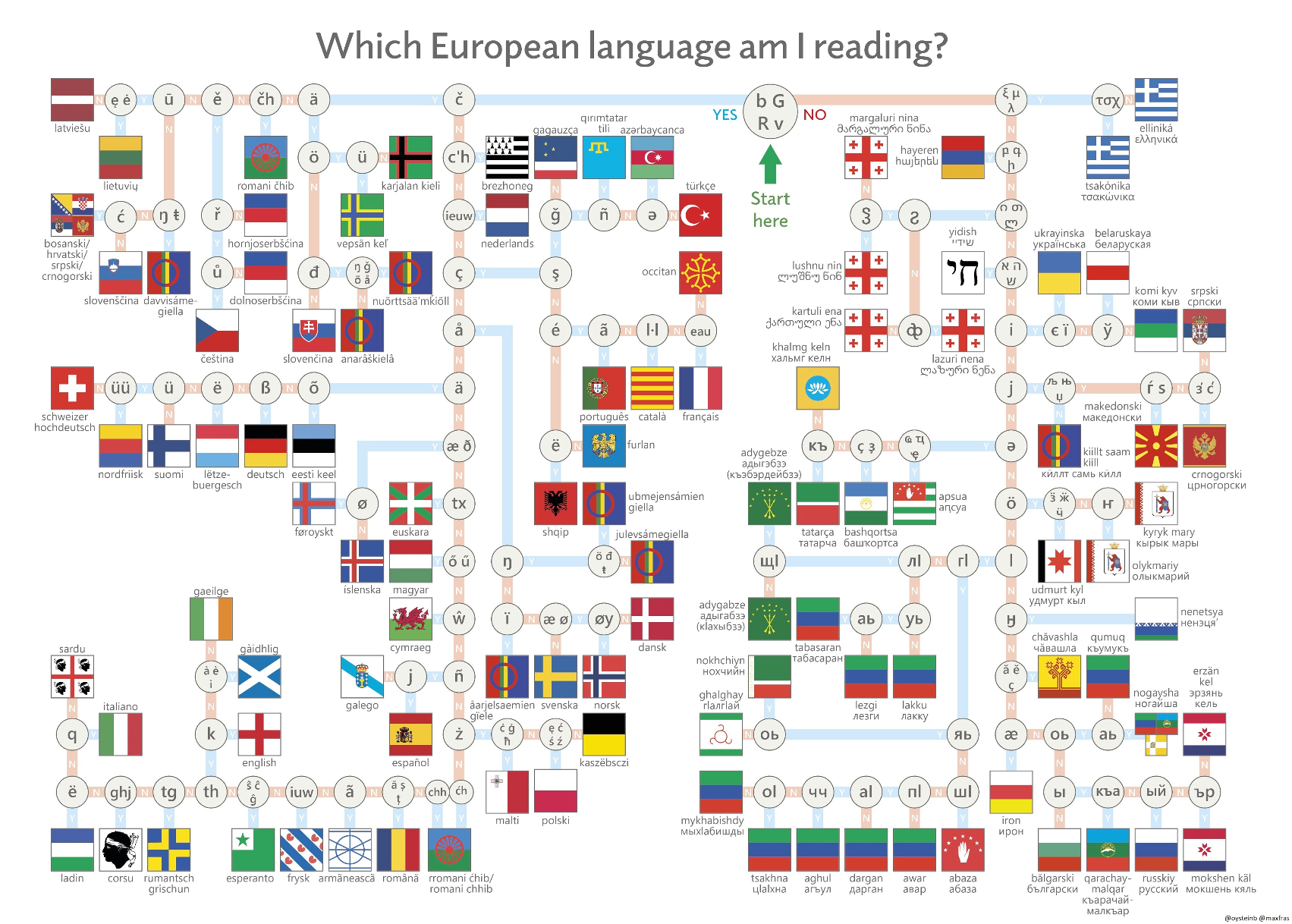this post was submitted on 30 Jul 2024
361 points (96.9% liked)
YUROP
1204 readers
2 users here now
A laid back community for good news, pictures and general discussions among people living in Europe.
Other European communities
Other casual communities:
Language communities
Cities
Countries
- [email protected]
- [email protected]
- [email protected]
- [email protected]
- [email protected]
- https://feddit.dk
- [email protected] / [email protected]
- [email protected]
- https://lemmy.eus/
- [email protected]
- [email protected]
- https://foros.fediverso.gal/
- [email protected]
- [email protected]
- Italy: [email protected]
- [email protected]
- [email protected]
- [email protected]
- [email protected]
- Poland: [email protected]
- [email protected]
- [email protected]
- [email protected]
- [email protected]
- [email protected]
- [email protected]
- [email protected]
founded 9 months ago
MODERATORS
you are viewing a single comment's thread
view the rest of the comments
view the rest of the comments

gonna coin the English word "milieuwise" - as in "to move towards, or be appropriate for, the current environment" and fuck this chart up.
edit: no need, found the error - on the bottom line you get to English by saying no to "chh" but it appears in hitchhiking, beachhead, witchhood, and, humorously, touchholes.
I feel like 'chh' would only count when pronounced as part of one syllable/sound. Which in all your examples isn't the case. Of course, if someone is not at all familiar with the language they wouldn't be able to make that distinction. So the chart still wouldn't be helpful in that case.
The key point for me is "what am I reading" - where pronunciation doesn't enter into it.
This isn't a guide for spoken, but for written language, so it actually doesn't matter where the phoneme break occurs, only the grapheme
But doesn't reading differ from seeing by actually processing the letters into syllables and words by an internal voice?